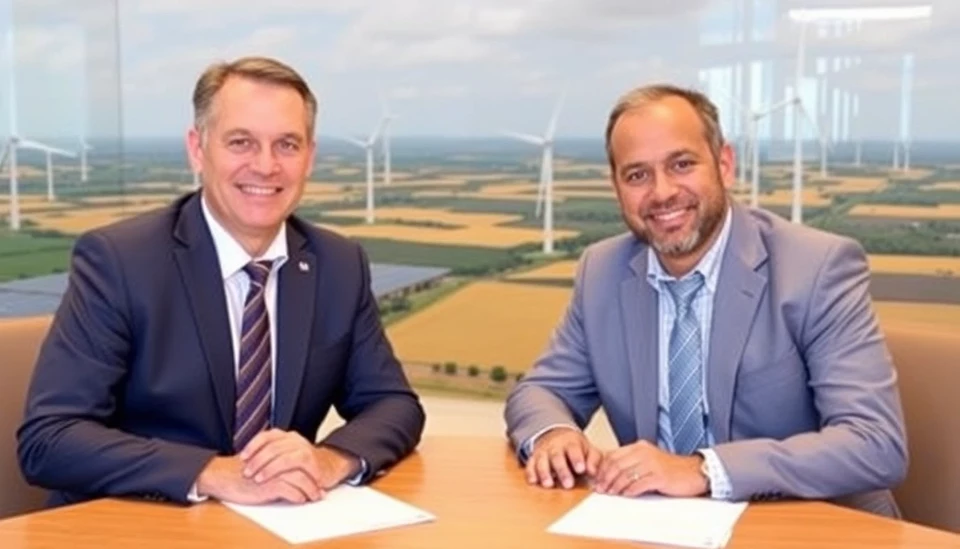
As Colombia embarks on a significant recalibration of its economic policies and governance, esteemed financial advisers assert that investor fears regarding this regional overhaul may be overstated. The rumblings of change within the South American nation have elicited various reactions from financial circles, yet industry experts advocate for a more nuanced interpretation of the evolving landscape.
The Colombian administration, led by President Gustavo Petro, is navigating its second year in office and remains committed to an ambitious agenda aimed at effectuating profound social and economic reforms. Essential to this initiative is a shift towards addressing socio-economic inequalities and environmental concerns, which have historically plagued the country. While such changes are often met with trepidation by investors accustomed to established norms, analysts suggest that the prudent investor should view these developments from a broader perspective.
Petro's government has proposed measures intended to enhance fiscal responsibility, including potential tax reforms and adjustments to public spending intended to stimulate growth while prioritizing societal welfare. These initiatives are designed with the intent of bolstering government revenues, thus encouraging sustainable economic development that does not rest solely upon fossil fuel dependency.
One of the main pillars of this transformation is the transition towards renewable energy sources. Colombia, known for its rich biodiversity and significant natural resources, is vying to position itself as a leader in sustainable practices. Financial analysts believe that moving away from the oil industry represents a strategic opportunity for both domestic and foreign investors, as the global shift towards green energy gains momentum.
Despite concerns regarding stability during Colombia's transition, many respected advisers argue that the country possesses robust structural foundations to support its economic evolution. Historical data indicates that Colombia boasts a resilient economy, marked by a growing middle class and increasing foreign direct investment. According to the experts, these trends could align favorably with the Petro administration's vision, fostering an environment ripe for innovative enterprises and sustainable practices.
Moreover, the political landscape, while often characterized by volatility, appears to have stabilized in recent months. Ongoing dialogues between the government and business sectors indicate a willingness on both sides to collaborate, suggesting that productive partnerships are possible in pursuit of shared goals. This cooperative spirit could alleviate previous investor anxieties and pave the way for constructive engagement moving forward.
Lastly, addressing issues relating to security and infrastructure further underpins the optimism surrounding Colombia’s economic potential. Continuous investments in critical sectors, along with initiatives aimed at reducing crime and enhancing transport networks, show the government's commitment to creating a more favorable operational climate for businesses. Investors, therefore, might find that the perceived risks are outweighed by the opportunities poised to emerge from this transformative era.
In conclusion, the ongoing regional overhaul in Colombia appears to hold promise rather than peril for investors. A confluence of social reforms, economic adjustments, and strategic partnerships may well serve as a catalyst for enhanced growth and sustainability, urging stakeholders to reappraise their outlook on this increasingly dynamic nation.
#Colombia #EconomicReform #SustainableInvestment #GustavoPetro #RenewableEnergy #ForeignInvestment #ColombianEconomy #SocioEconomicEquality #GrowthOpportunities
Author: Daniel Foster




